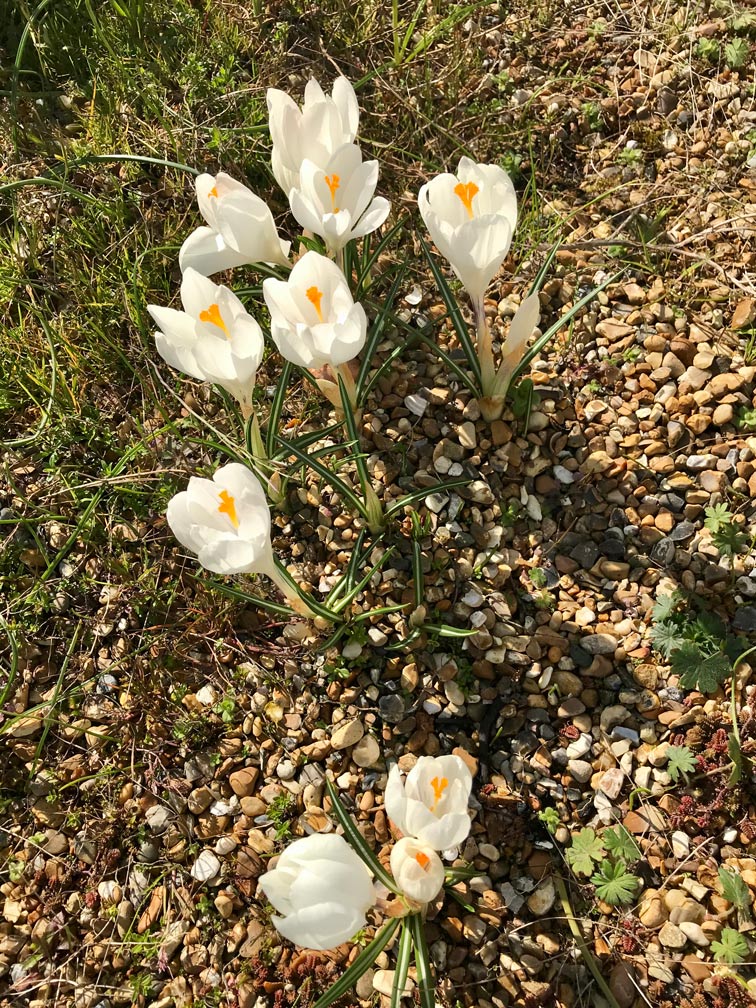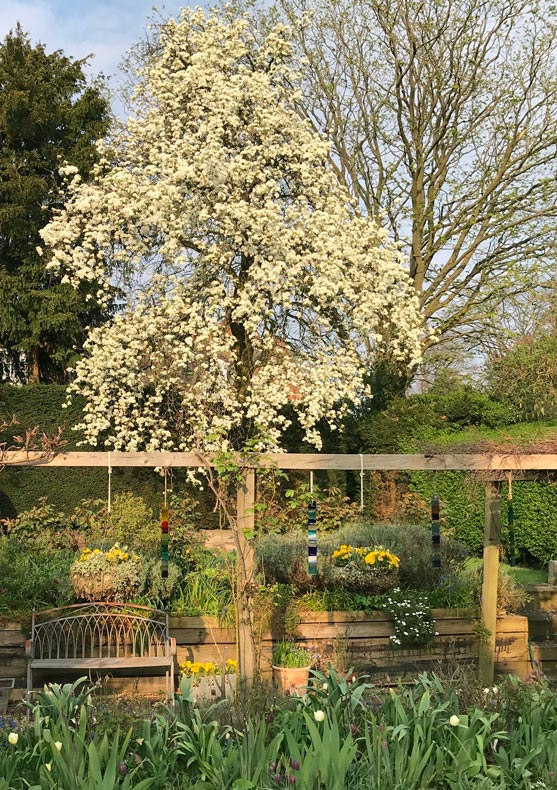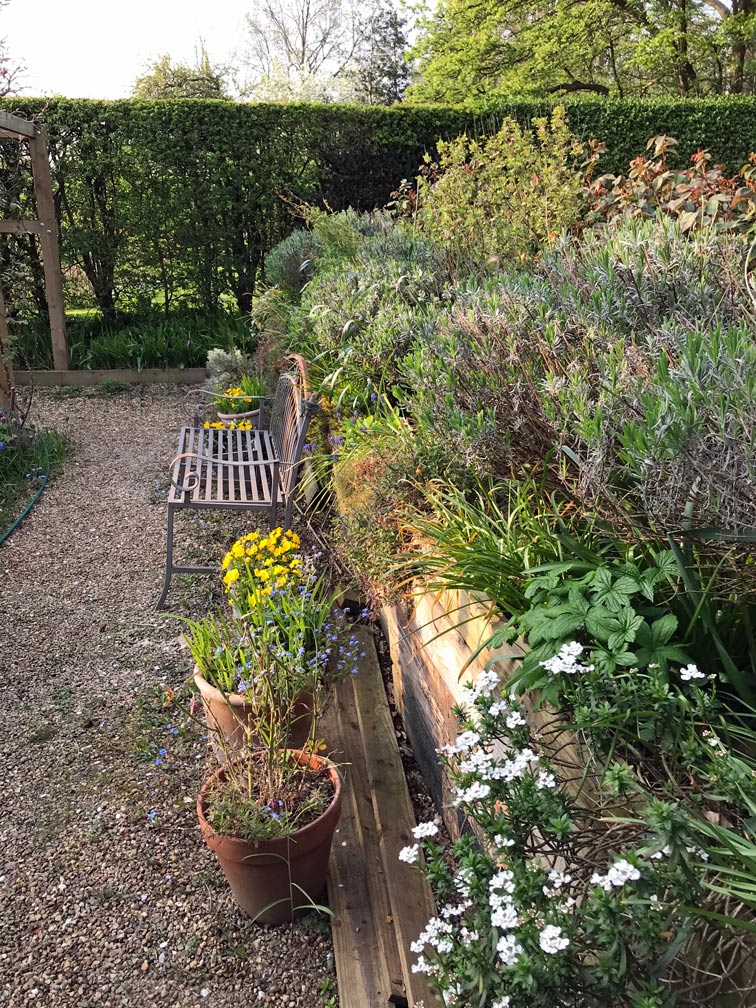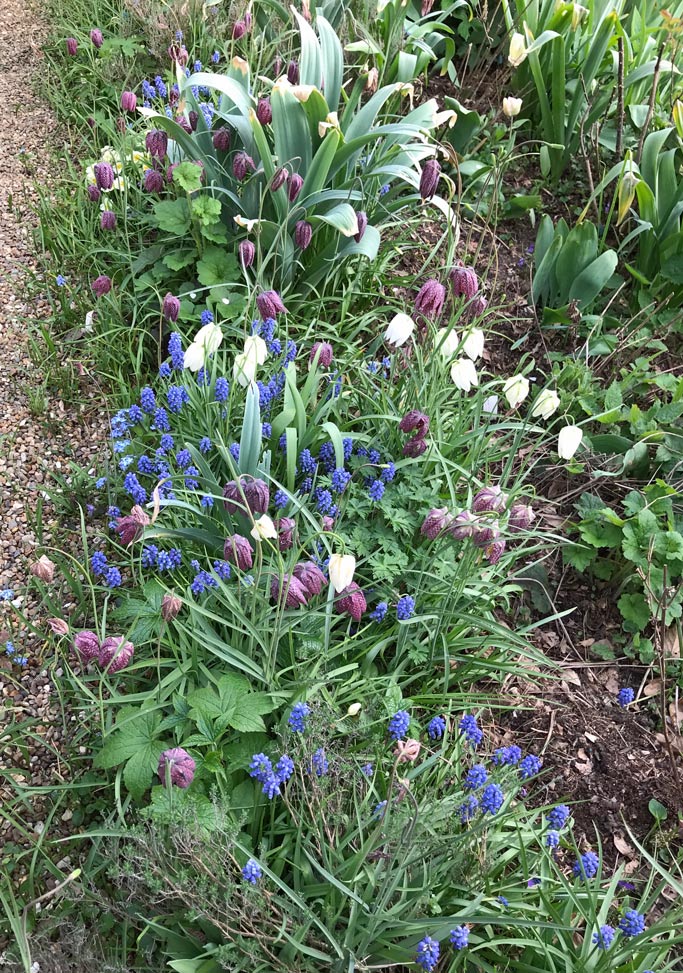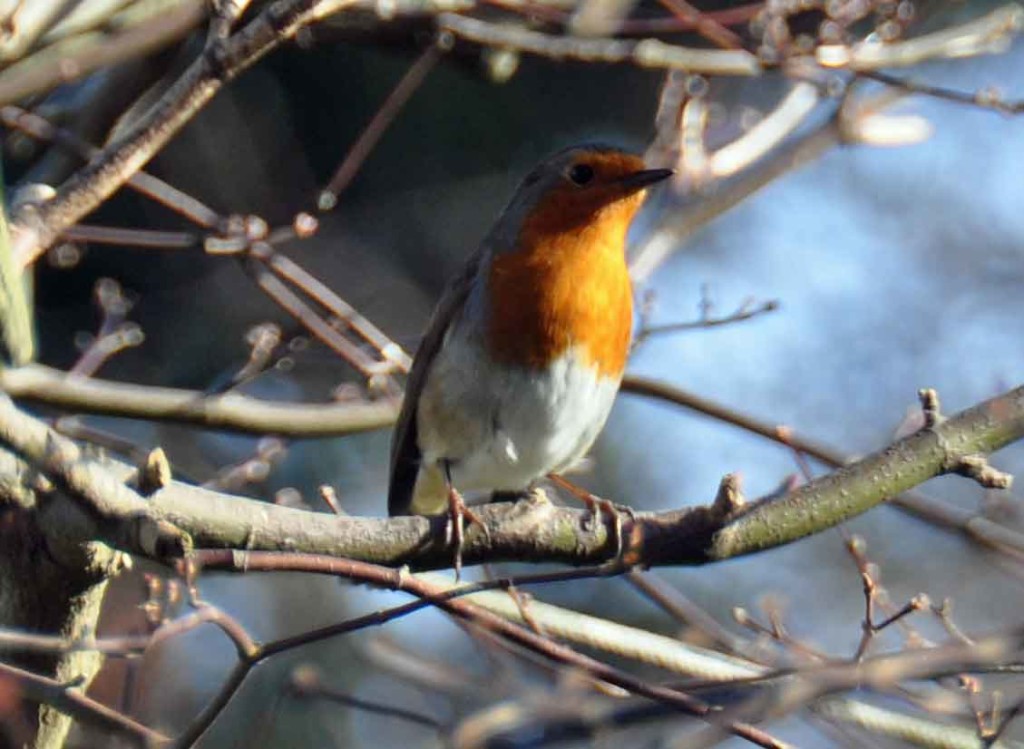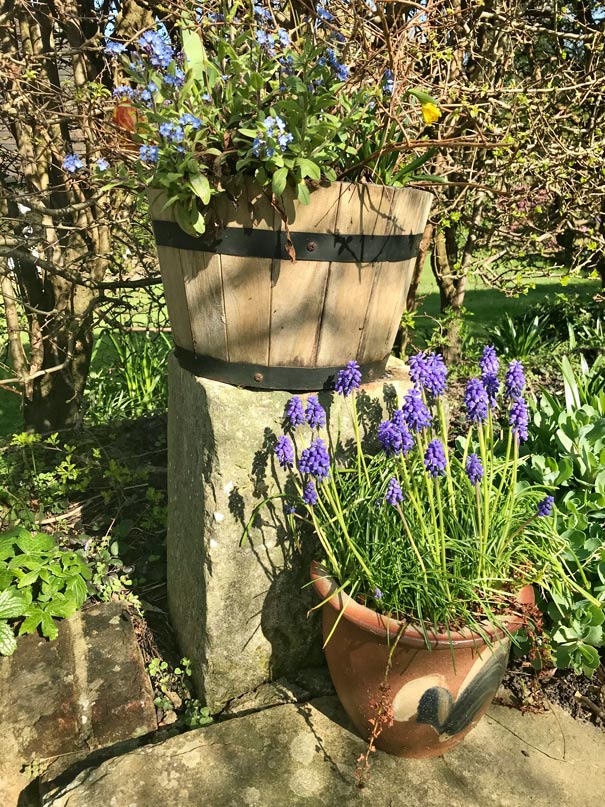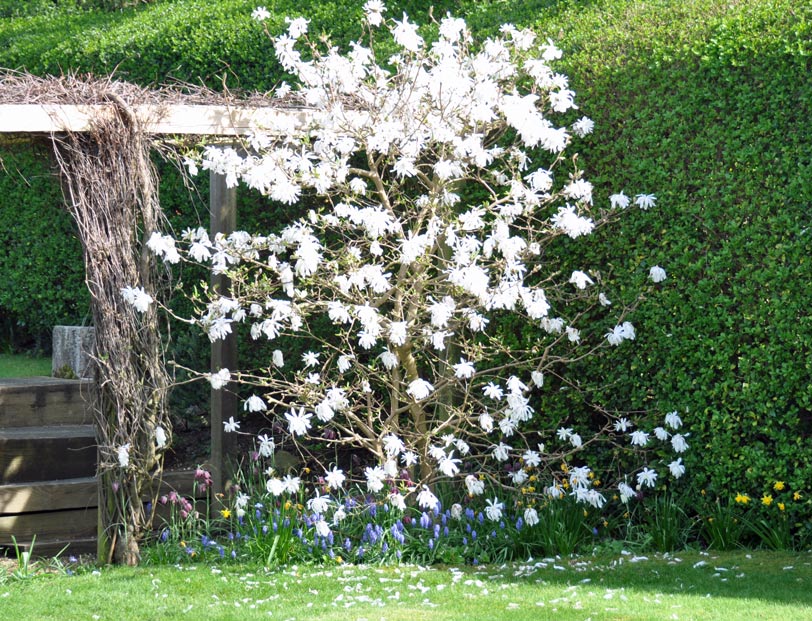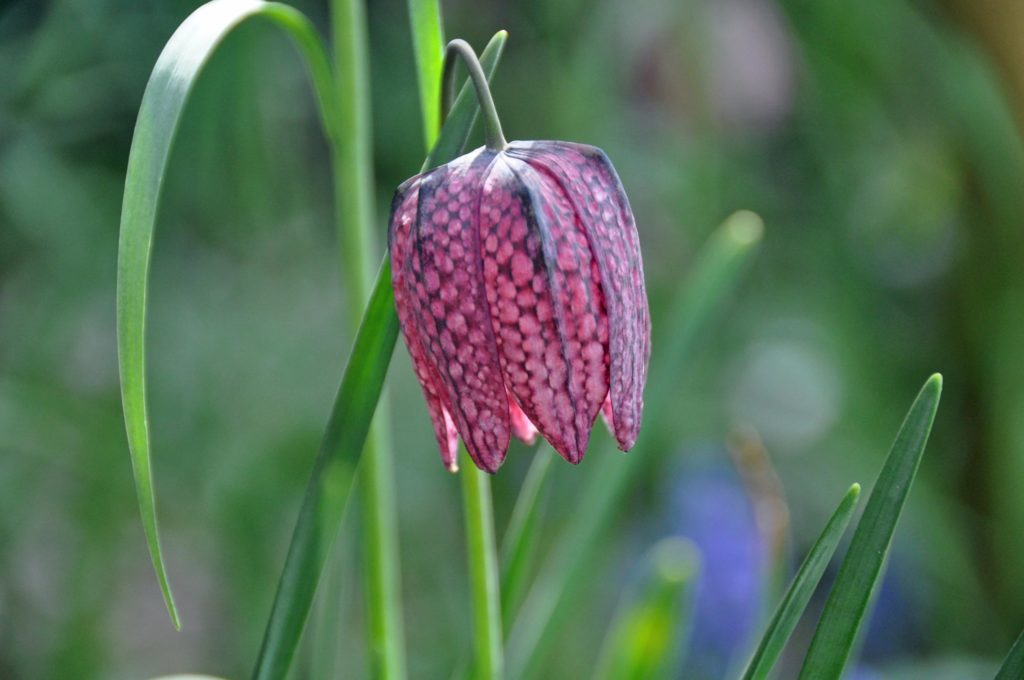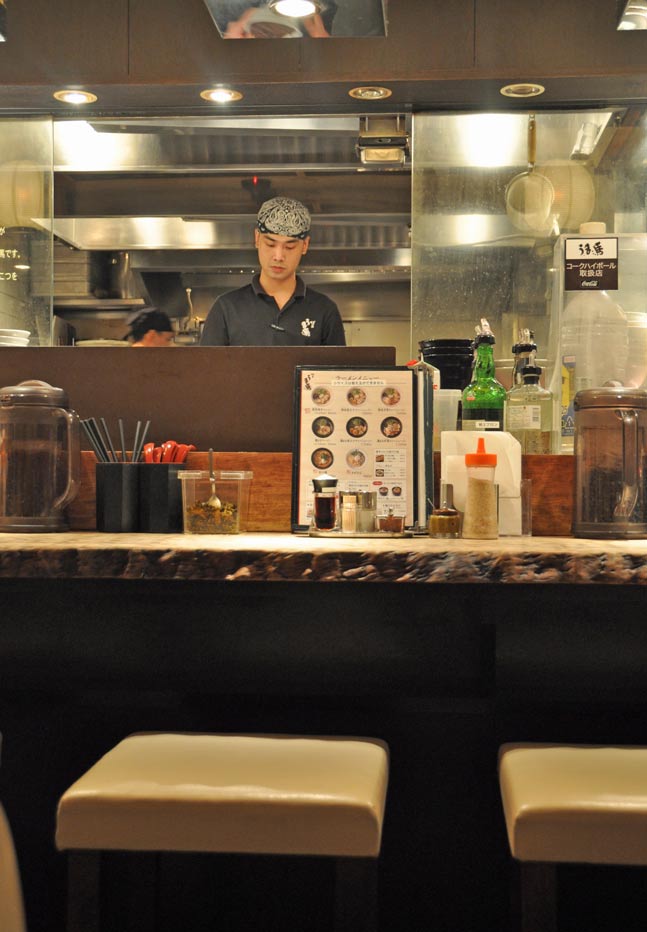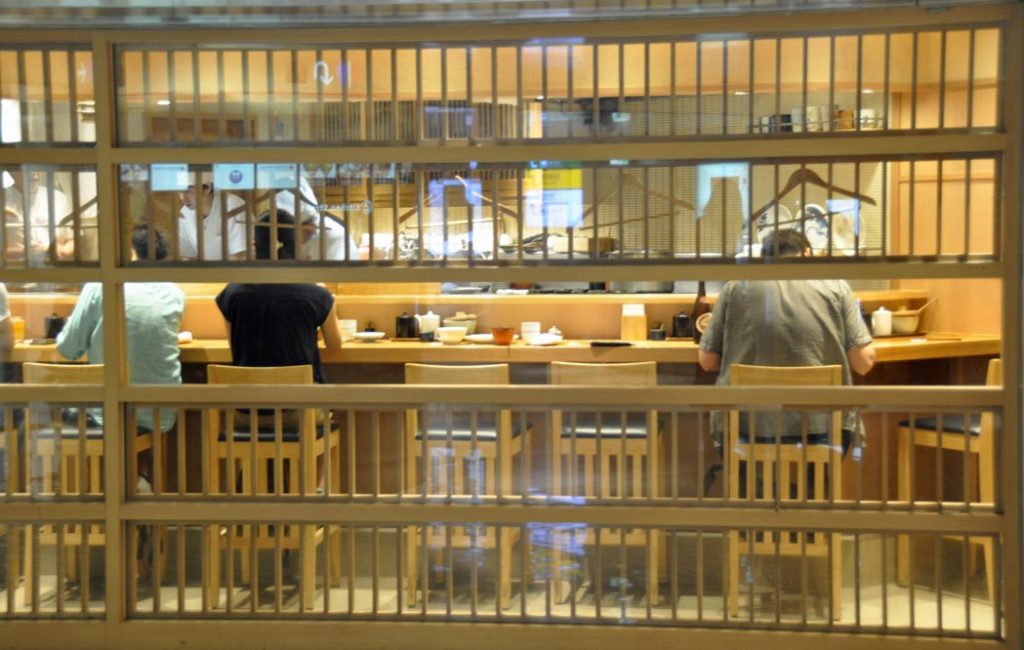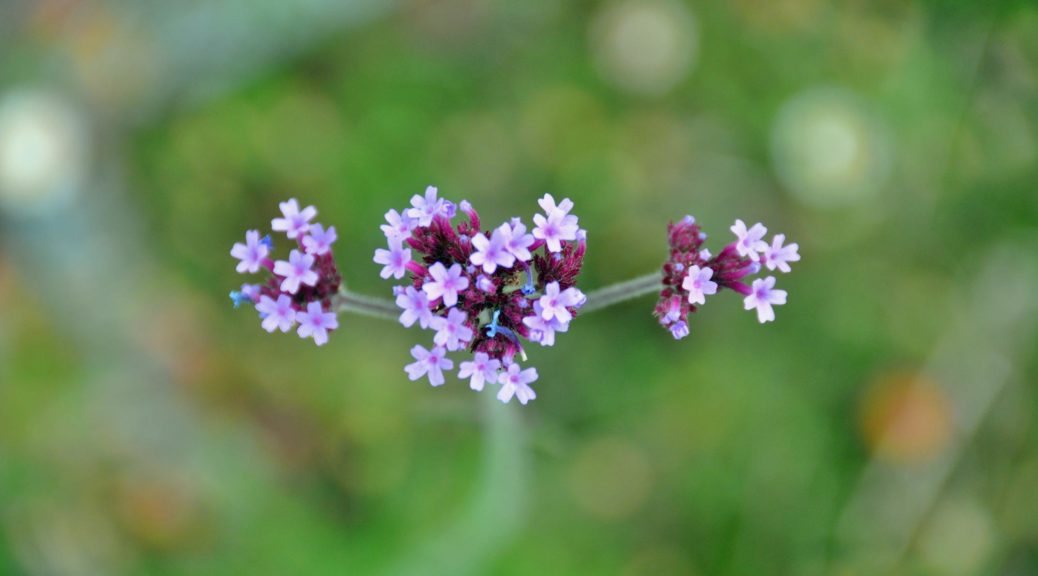“I am, somehow, less interested in the weight and convolutions of Einstein’s brain than in the near certainty that people of equal talent have lived and died in cotton fields and sweatshops.” Stephen Jay Gould.
My parents both left school before they were 13 years old. My father left to take up an engineering apprenticeship, that would ultimately lead to a materially successful life. My mother left school to work in the local factory, to help support her parents and eventually to marry my father.
They were clever people, but born poor, working class.
My father went on to sit his OND and HND engineering exams, scoring the highest marks in the country for mathematics. He went to work for the Arabs, travelled the world, became their senior engineer, one of the very few able to sign off on newly built ships out of the S Korean shipyards for Lloyds Insurers.
My mother passed her 11+ exam aged 9, not because she was especially well-taught in the state local primary school but because she really was just that smart. Like most working class girls, being clever served no purpose, so she valued her looks more. Maybe it was a realistic trade-off since it brought her my father with his upwardly mobile career and money to spend. It made her miserable though, living that half explored life.
When I read articles written that suggest successful people somehow deserve their success, because of some intrinsic merit, it seems that the authors themselves were almost always born lucky, in denial of their inherited wealth and luck.
My parents were born in poverty and it defined their lives, their expectations and achievements. My father worked hard, but he was also born lucky enough to be in the right place to be given the chance to escape poverty through the old apprenticeship system when Liverpool was still a world leading port and engineering powerhouse.
My mother’s luck was even more fickle: she was born beautiful.
My sisters and I were the first generation to stay in school past sixteen, the first to make it to university. We went to the same primary school attended by our parents, years before and the same secondary school. My father was keen on the idea of university, my mother not so much.
At the time, maybe 5% of the overall population attended university. From a state comprehensive school such as mine, with around 1500 kids, that translated into around 5 kids getting to university each year, about 2% because at that time, the private schools were sending around 95% of their pupils to universities.
So when my privately educated friends talk about how “everyone” went to university for “free” from our generation, they’re not so much lying, as just describing their own privilege. Almost everyone they knew did go to university. They were rich and well-educated, so of course they would.
Almost everyone else, everyone from my kind of school, stayed in their towns, got a job at the factory or signed on the dole. And thanks to the occasional catch-up on social media, it’s obvious that they’re still there. My peers went out to work and paid their taxes to fund the rich kids “free” education
But at every stage of academia reached, the one obvious truth to those of us travelling from the poorer side of town was that there were plenty of clever but poor people left behind, plenty of quite stupid but wealthy kids somehow pushed forward.
At university I was struck time and time again by just how many well-educated but fundamentally stupid people could be found.
It started early on, with the kids at primary school whose parents just didn’t see the point of school. They’d probably left alongside my mother aged 13, to go work in the local factories or shops and just expected their kids to do the same. They didn’t have shelves full of books of their kids to read, so their kids didn’t read unless the teachers made them read in class.
But some of the kids were incredibly smart. It showed up in maths mostly. At least to start with, numbers were something that you could either grasp or not. It wasn’t something any of us practised at home.
Sometime around the transfer to secondary school, the ability to read kicked in as an issue just because the maths problems became more verbal, and some of the kids with the best grasp of numbers just disappeared from the top sets never to appear again.
One boy would be absent weeks at a time only to re-appear, pick up wherever we were in maths at the time and seemingly miraculously pass the tests each year for the top set. It lasted up until we were 16, when the maths started to involve more learned skills.
It’s difficult to imagine what that boy might have achieved if he had been supported to the full extent of his ability – we lose so much talent so carelessly.
My children have been well-educated at expensive schools. They have been taught the social “code” of the middle classes along with their algebra. If they struggle in life, they have our financial support to carry them through which means that they can afford to take risks. They have been gifted with every possible financial advantage and privilege.
It is a bitter thought but there will be kids out there, smarter and more talented than mine, born into different circumstances, maybe the children of my peers discarded by academia all those years ago, who could have cured cancer, painted the modern Mona Lisa or written a world-changing polemic.
What responsibility do we have for people less privileged than ourselves? Is it enough to vote for a redistributive political party at each opportunity or is more demanded of us?


















